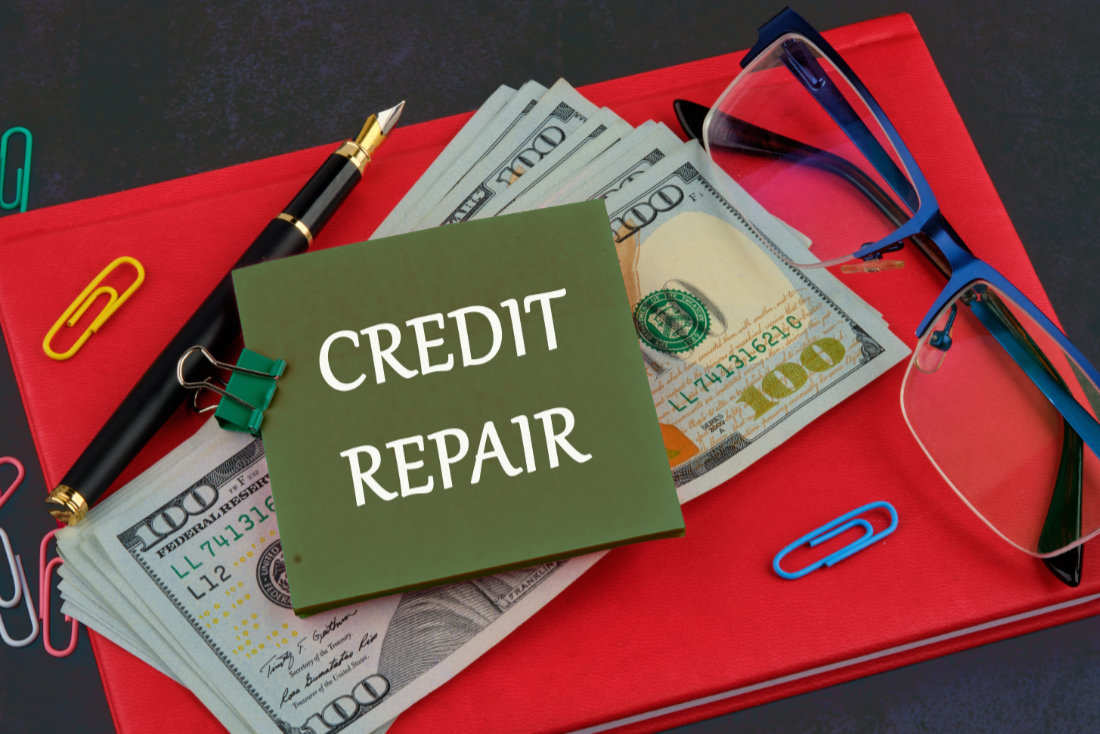Should You Set Up a Family Foundation?
February 19, 2025
As a responsible head of the family, you’re likely always on the lookout for ways to secure your family’s financial security. Estate planning is the foundation of endeavors such as this. By putting into place instruments like wills, trusts and other plans, you have the power to help ensure the stability and financial resources of your loved ones a long time after you’re no longer able to manage these things yourself.
One powerful tool that may not be on your radar is a family foundation. This type of instrument is used by many of the world’s wealthiest families, and can be a very effective estate planning tool. But the surprising part you may not be aware of is that you don’t have to be a multimillionaire in order to avail yourself of the possible benefits you can get from setting up a family foundation.
What is a Family Foundation?
A family foundation is a private foundation that serves as both a philanthropic tool and an estate planning strategy. Funded by a single family, it allows individuals to support charitable causes while reducing estate taxes and preserving wealth for future generations. Assets donated to the foundation are tax-deductible, and the family retains control over how funds are distributed, ensuring their philanthropic goals are met. By involving multiple generations in its governance, a family foundation can also strengthen family bonds and values. It offers a structured way to leave a legacy while creating financial benefits for the family and supporting meaningful causes.
Benefits of Setting up a Family Foundation
Setting up a family foundation offers numerous benefits for individuals seeking to combine philanthropy with effective estate planning. It allows families to create a legacy, reduce tax burdens, and engage future generations in charitable giving.
Tax Savings - Donations to a family foundation are tax-deductible, reducing income and estate taxes.
Legacy Building - Families can support causes aligned with their values, leaving a lasting impact.
Generational Involvement - Foundations encourage younger generations to participate in philanthropic decision-making, plus it can bring older family members together in meaningful ways.
Control and Flexibility - Families maintain control over how funds are distributed.
With these advantages, a family foundation serves as a powerful tool for giving back while protecting wealth.
Regulations For Family Foundations
If you want to set up a family foundation, you should know that, although the funds are within the family’s control, there are regulations that need to be followed. Your CPA can assist in keeping any foundation you create in compliance. Family foundations are subject to regulations designed to ensure transparency and proper use of funds. These rules typically include filing annual tax returns, adhering to strict reporting requirements, and distributing a minimum percentage of the foundation’s assets to charitable causes each year. Furthermore, foundations must avoid conflicts of interest, ensuring all transactions benefit the foundation’s mission rather than personal interests. While specifics vary, most family foundations are required to follow guidelines on governance, investments and grant-making. Staying compliant with these regulations is crucial for maintaining tax-exempt status and ensuring the foundation operates ethically and effectively.
How to Set up a Family Foundation
Setting up a family foundation involves several steps:
-
Determine which family members will run it
-
Define your mission by clearly articulating your philanthropic and estate planning goals
-
Choose a structure, such as a trust or nonprofit corporation
-
Obtain an Employer Identification Number (EIN) from the IRS
-
Apply for 501(c)(3) tax-exempt status
-
Establish a formal board of directors
-
Put administrative practices in place
-
Develop grantmaking guidelines
-
Fund your foundation
This is just a broad brushstroke of tasks to set up a family foundation. There are many, many details to be accomplished in addition to these. To help you, enlist the help of a qualified CPA. They will guide you through legal and financial complexities, ensure compliance with regulations and help you and your family members to navigate the complexities of tax laws and reporting requirements.
Responsibilities of Running a Family Foundation
Running a family foundation involves significant responsibilities, requiring careful management and compliance with regulations. Foundation leaders must establish a clear mission aligned with the family's philanthropic goals. They oversee the development of grantmaking strategies, ensuring funds are allocated to programs and organizations that reflect the foundation’s purpose.
Day-to-day operations include managing financial assets, maintaining records, and preparing annual reports to meet legal and tax obligations. Decision-making often involves engaging family members to foster collaboration while balancing diverse opinions. Foundation leaders must also monitor grant recipients to ensure funds are used appropriately, tracking the impact of contributions over time.
Another thing to take into consideration is that compliance with IRS regulations, such as adhering to payout requirements and avoiding conflicts of interest, is crucial. Failing to file proper paperwork, missing deadlines and mismanagement of funds can land family members in hot water. Finally, effective communication with stakeholders, including grantees and the community, further enhances the foundation's reputation and effectiveness, making its philanthropic efforts sustainable and impactful.
Should You Set up a Family Foundation?
In order for your potential family foundation to be successful in the long-term, you need to have one or several members of the family who are willing to shoulder the responsibilities. This will help to make sure that the financial aspects are run according to your wishes and the wishes of all the family members, as well as ensuring government compliance.
From there, you would have to evaluate the possible benefits of a family foundation against the costs of operating it. Weighing these two carefully will help to determine if it’s worth implementing as an estate planning tool. Remember that the financial benefits aren’t the only benefits. Family foundations help to carry on your legacy far into the future.
If you’re looking for more and better ways to ensure the continuance of your legacy and the financial stability of your family for generations to come, you may want to consider setting up a family foundation. Just be sure that you have the ongoing commitment of family members, since there are considerable requirements, including time, effort and the taking on of legal responsibilities. Contact your CPA today to learn more.
by Kate Supino









